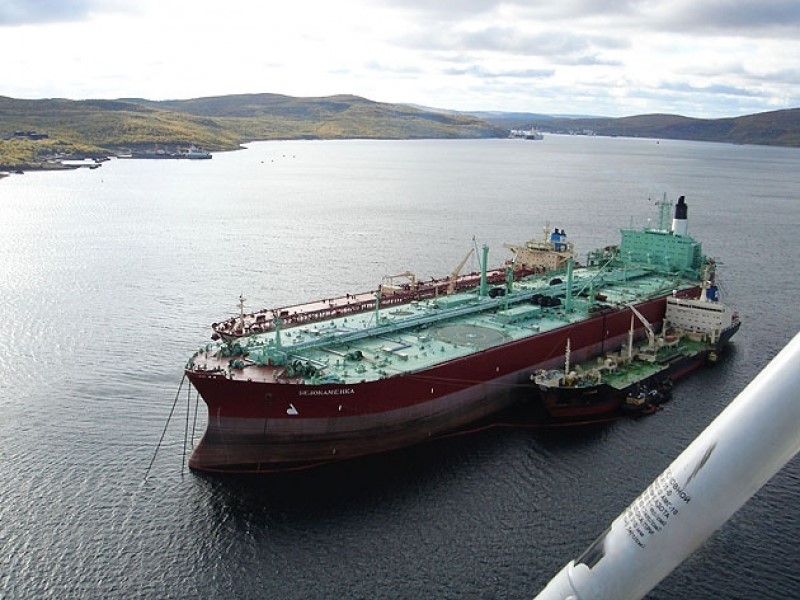
Russia Monitor is a review of the most important events related to Russian internal and external security, as well as its foreign policies.
Date: 29 December 2021
Rosneft Approves New Strategy By 2030
The board of directors at Rosneft approved the new strategy “Rosneft-2030: Reliable Energy and Global Energy Transition.” It targets reduction of greenhouse gas emissions while further improving the operational and financial efficiency of the company. As a result, Rosneft will strengthen its position on the global hydrocarbon market as an efficient and reliable producer and supplier of energy resources. Another benefit will be to curb carbon footprint and environmental impact.

“New strategy supports free cash flow growth, which is expected to more than double by 2030. It facilitates sustainable growth of the company’s shareholder and investor value. Carbon reduction objectives confirm the company’s status as a responsible energy supplier and one of the leaders in the energy transition in Russia,” Igor Sechin, Rosneft CEO, was quoted as saying. Rosneft has achieved most of its objectives laid out in its 2022 strategy ahead of the deadline. The new strategy is built upon the achievements of the previous strategic cycle and, at the same time, is adjusted to current trends related to the low-carbon agenda, global energy transition, and the need for reliable supplies of affordable and clean energy. Rosneft’s new strategy by 2030 is aimed at achieving net-zero emissions by 2050. By 2030, the company is planning to implement its strategy through some actions aimed at reducing emissions including the use of low-carbon power generation, energy-saving technologies, and carbon capture and storage technologies. Rosneft’s ambition is to remain the number one company in production costs. High efficiency of the portfolio of production assets allows Rosneft to keep its lifting cost at a level significantly lower than the industry average for many years. The company’s flagship project is Vostok Oil, its vast Arctic endeavor. As part of efforts to reach that goal, the share of natural gas in total hydrocarbon production will grow to 25 percent by 2025. The company’s board of directors now includes Gerhard Schroeder, Igor Sechin, Matthias Warnig, Karin Kneissl, and Russian Deputy Prime Minister Alexander Novak.
Support Us
If content prepared by Warsaw Institute team is useful for you, please support our actions. Donations from private persons are necessary for the continuation of our mission.
_________________________________
All texts published by the Warsaw Institute Foundation may be disseminated on the condition that their origin is credited. Images may not be used without permission.















